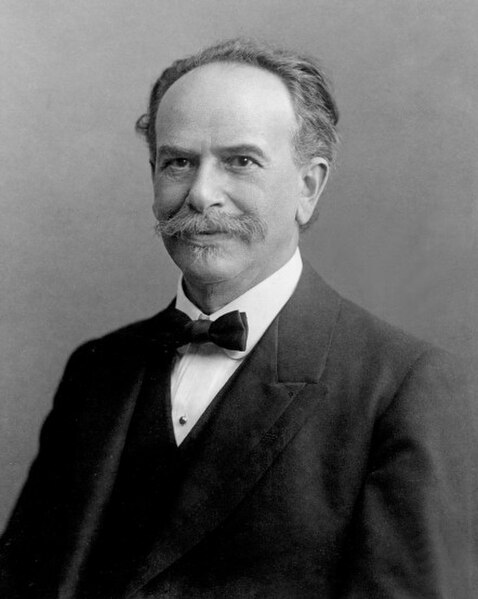Infinite photos and videos for every Wiki article ·
Find something interesting to watch in seconds
World Banknotes
Celebrities
Countries of the World
Richest US Counties
Rare Coins
British Monarchs
Largest Empires
Wonders of Nature
Orders and Medals
Tallest Buildings
History by Country
Best Campuses
Famous Castles
Largest Palaces
Recovered Treasures
Great Cities
Presidents
Supercars
Sports
Great Artists
Kings of France
Wars and Battles
Ancient Marvels
Crown Jewels
Animals
Great Museums
more top lists




